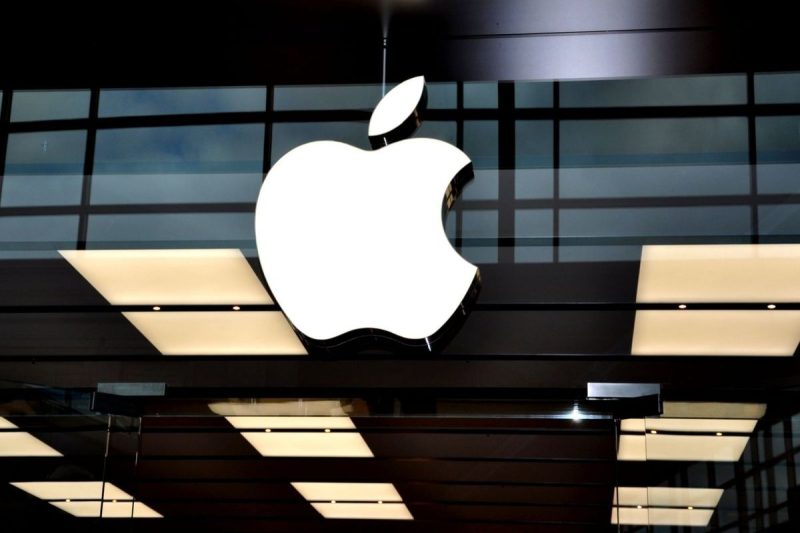Apple (NASDAQ:AAPL) was in the spotlight this week at its annual Worldwide Developers Conference (WWDC), unveiling a new artificial intelligence (AI) strategy through its partnership with OpenAI.
During a nearly two hour presentation, Apple CEO Tim Cook and other senior executives introduced Apple Intelligence, a suite of AI-powered features that will be embedded across Apple’s devices. Central to this initiative is the integration of OpenAI’s ChatGPT, which will enhance Apple’s virtual assistant Siri, allowing it to perform a broader range of tasks.
“All of this goes beyond artificial intelligence; it’s personal intelligence, and it is the next big step for Apple,” Cook said.
Features include advanced voice assistance, personalized emoji creation and automated email summaries, all of which leverage OpenAI’s language models. Apple has emphasized that it will focus on privacy amid these changes.
According to the company, users will be prompted before any data is sent to ChatGPT. Apple has also promised that user queries won’t be logged by OpenAI, and IP addresses will be obscured to enhance user privacy.
Craig Federighi, Apple’s senior vice president of software engineering, assured WWDC attendees that the AI models used will operate on-device where possible, minimizing data sent to external servers. Meanwhile, OpenAI CEO Sam Altman expressed enthusiasm about the collaboration, highlighting a commitment to safety and innovation.
“We’re excited to partner with Apple to bring ChatGPT to their users in a new way,” he told the Verge. “Apple shares our commitment to safety and innovation, and this partnership aligns with OpenAI’s mission to make advanced AI accessible to everyone. Together with Apple, we’re making it easier for people to benefit from what AI can offer.”
Musk takes shot at Apple, OpenAI partnership
The partnership between Apple and OpenAI has not been without controversy.
Elon Musk, founder of OpenAI rival xAI and a prominent figure in the tech industry, has publicly criticized the collaboration. He has voiced strong objections, particularly regarding data security and user privacy.
“If Apple integrates OpenAI at the OS level, then Apple devices will be banned at my companies,” Musk declared on X, formerly known as Twitter. He argued that integrating OpenAI’s software poses a security risk, suggesting that Apple cannot fully protect user data once it is shared with OpenAI.
If Apple integrates OpenAI at the OS level, then Apple devices will be banned at my companies. That is an unacceptable security violation.
— Elon Musk (@elonmusk) June 10, 2024
Musk recently announced a new privacy feature on X that hides users’ likes from public view.
The change, according to X’s engineering team, is designed to encourage more engagement by making users feel more secure about their activity on the platform. The hidden like count is one of many changes Musk has implemented since acquiring the platform for US$44 billion in 2022. Other changes have included the removal and subsequent partial restoration of verification badges, and adjustments to content moderation policies.
AI race ramping up as market grows
Apple’s partnership with OpenAI is perceived as a strategic move to bolster its position in the AI market, which is currently dominated by companies like Google (NASDAQ:GOOGL) and Microsoft (NASDAQ:MSFT).
Apple’s aggressive push into AI has already shown significant market impact. On Wednesday (June 12), Apple overtook Microsoft to become the world’s most valuable company, with its market valuation reaching US$3.29 trillion.
The company’s share price took off after WWDC, finishing the week 7.74 percent higher.
With its strong brand loyalty and extensive user base, Apple looks set to capture a significant share of the AI market. However, the firm’s success will largely depend on its ability to balance innovation with privacy concerns.
The new AI features will be available in the upcoming iOS 18 and macOS Sequoia operating systems, set for release later this year. These updates are expected to be available on recent models of the iPhone, iPad and MacBook.
Securities Disclosure: I, Giann Liguid, hold no direct investment interest in any company mentioned in this article.

